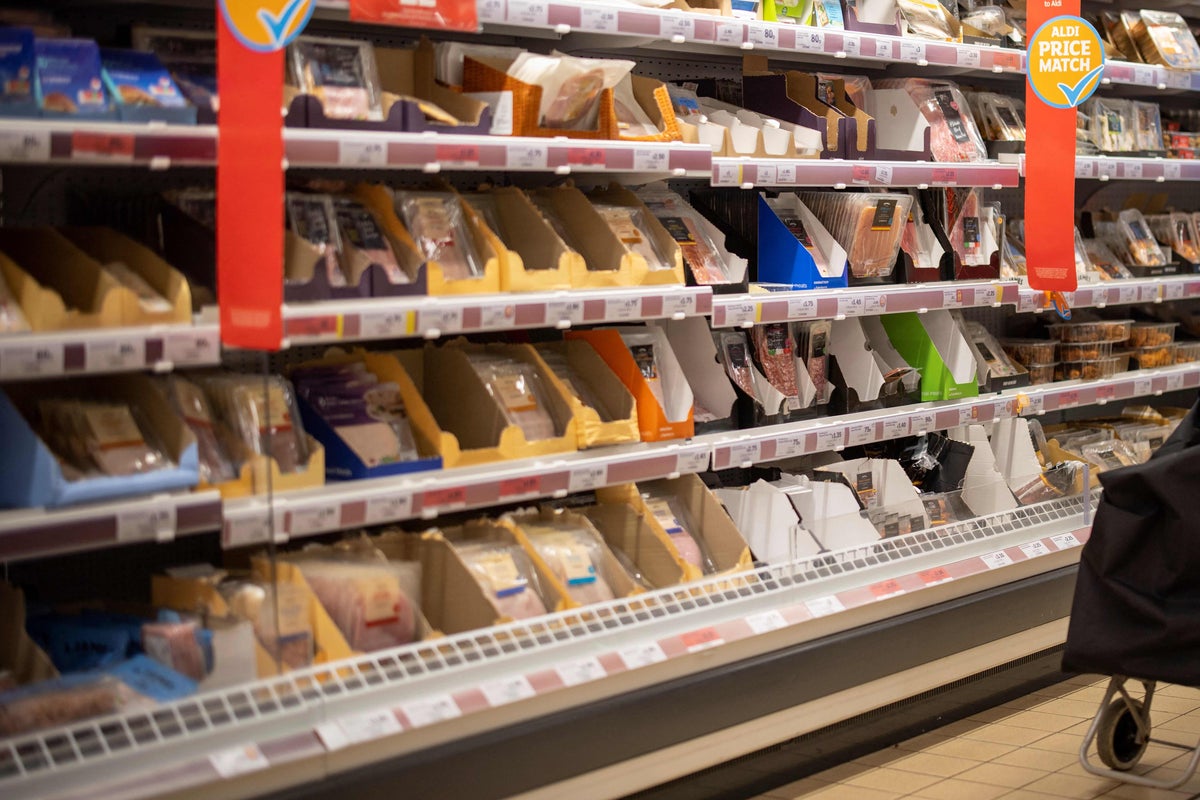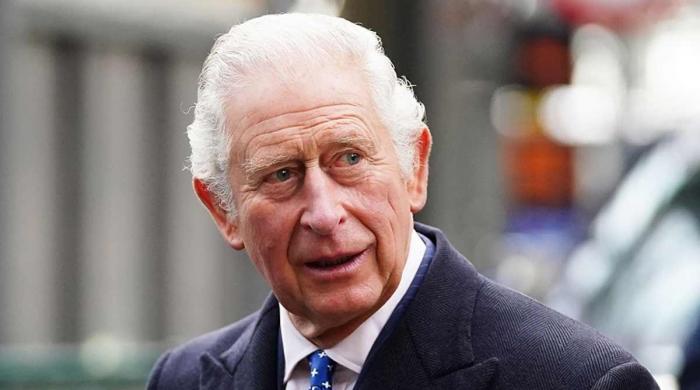
Cheese, wine and whiskey: How your shopping basket could be affected by tariffs
Tariffs that will make exporting goods to America more costly could hit shopping baskets in the UK as producers around the globe look to recoup the extra costs.
Donald Trump‘s levies mean industries worldwide are scrambling to assess what the impact on them will be and there is no doubt that consumers in the US will see prices there rise as manufacturers pass on those costs to the buyer.
But that in turn means that many might opt out of paying higher prices, while businesses in America might cancel orders coming in from overseas to avoid paying those extra costs. That might mean raising prices elsewhere to reduce their losses.
Here’s what different industries have said in response and what impact that might have on UK prices.
Cheese
A collection of feta producers in Greece have already noted they’ll be severely impacted, with half their sales to America likely to disappear. “We have to divert these quantities to other markets,” said the head of Greece’s association of dairy industries.
That could mean lower prices elsewhere to stoke demand, or trying to find new territories to sell into. But even the latter could see price rises as the wider economic impacts of recession risk and supply chain disruptions are felt.
The European Dairy Association has similarly criticised the move as “unjustified”.
Wine
The amount of wine people have been drinking has been on the decline worldwide and now Rioja in Spain is in the firing line.
Surplus stock and the potential partial loss of the second-biggest market, in the US, means farmers are under real pressure.
In Italy, agriculture minister Francesco Lollobrigida was cautiously optimistic, saying they “aren’t terrified,” though noting the US was “a fundamental market for Italy, indispensable and not replaceable”.
Sales of French wine and spirits to the US are expected to fall 20 per cent, report Reuters.
Whisky, whiskey and beer
The Irish Whiskey Association has urged governments to continue working together amid expected “devastating impacts” to business models, with 41 per cent of Irish drinks exports bound for the US market.
Meanwhile, 10,000 European beer producers are going to be significantly hit too – those produced and shipped in aluminium cans will be hit by a 25 per cent tariff imposed on that industry, confirmed FoodNavigator.
The Scotch Whisky Association have not offered guidance on the amount of impact it fears but said they are “disappointed” that companies are being hit.

Fish
Tavish Scott, chief executive of Salmon Scotland, said about 25 per cent of its exports went Stateside but hoped demand would remain despite additional costs.
“We have great confidence that Americans will continue to buy nutritious Scottish salmon, particularly when the country is reliant on imports to meet US consumer demand,” he said.
The statement again called for calm discussion rather than retaliation to resolve the issues at hand.
When will UK prices be affected?
Domestically, prices might not be immediately impacted, but down the line they can be in more than one way.
Professor Andrew Clare of Bayes Business School told The Independent that the UK’s own response will also affect matters.
“We’re protected by the floating exchange rate to an extent, but the negative demand shock could still impact,” he said. “It will depend how the UK government deal with it: if reciprocal tariffs apply then it will similarly have an inflationary effect [on UK consumers] that US consumers face now.
Looking longer term, supply chain issues are another complex factor at play.
“The overall UK market might not be immediately impacted but we’re part of a global supply chain. If it causes problems elsewhere, it might cause a knock-on effect: it could be more competitive to get resources elsewhere rather than to the UK,” Scott Curtiss, a supply chain expert at RELEX, told The Independent.
“Particularly in retail grocery prices there’s a lag and there are supermarket price policies to consider. But there’s a balance at play: it might not be those goods which are directly impacted which change prices, they might maintain an artificially low price on the item affected but raise it elsewhere.
“The Suez Canal and other shipping issues show you have to be ready and have options in place, rather than constantly reacting to each event.”










